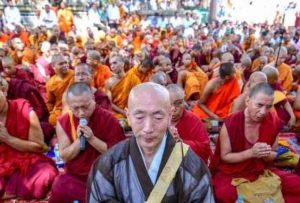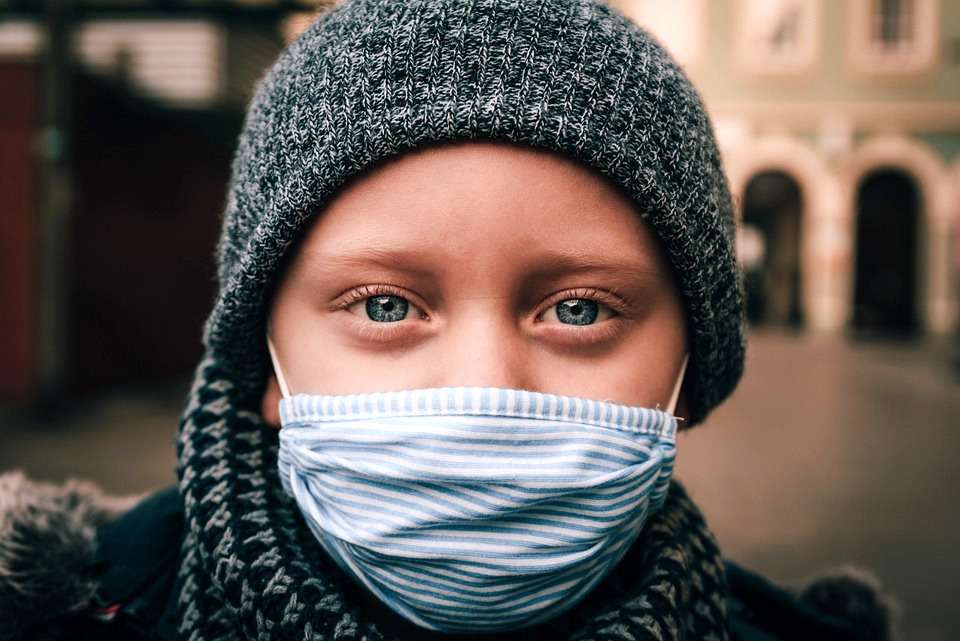
Like so many other countries, here in the UK, we are still under tight social restrictions laid down by the government thanks to the continuing COVID-19 situation. The UK’s under-16s make up approximately 20 per cent of the population and, naturally, these children are obliged to remain in education, one way or another. And this latter point has had more than a few parents turning to social media to share their experiences of spending all this extended time locked up with their offspring.
During the lockdowns over the last year, there has been a more than 50 per cent increase in reported child abuse, which is incomprehensible to all loving parents and caring people. The added stress has been postulated as a possible reason behind this increase. The fact that it happens at all, of course, still baffles me. On a tangentially related note, I recently read an article about the generation born in the 1960s and 1970s, many of whom find themselves without children—often through no conscious choice of their own—and they now feel like time has run out for them, something they say has left them with a void that most people cannot appreciate. There is very little support for these people, men and women alike. It feels a cruel irony next to those abused children. On a personal note and as a personal reflection, I consider myself fortunate when it comes to reproducing more humans. In conversation pertaining to babies—back in the day before years of breastfeeding or stretch marks—I remember saying that I was pretty ok whichever way my life was to turn out, with or without children. I had a trust, a faith I guess, in my fate. Maybe I would adopt one day if I couldn’t have children, maybe I wouldn’t. Easy to say with youthful naivety. However, I fell pregnant with my first child soon after those conversations.
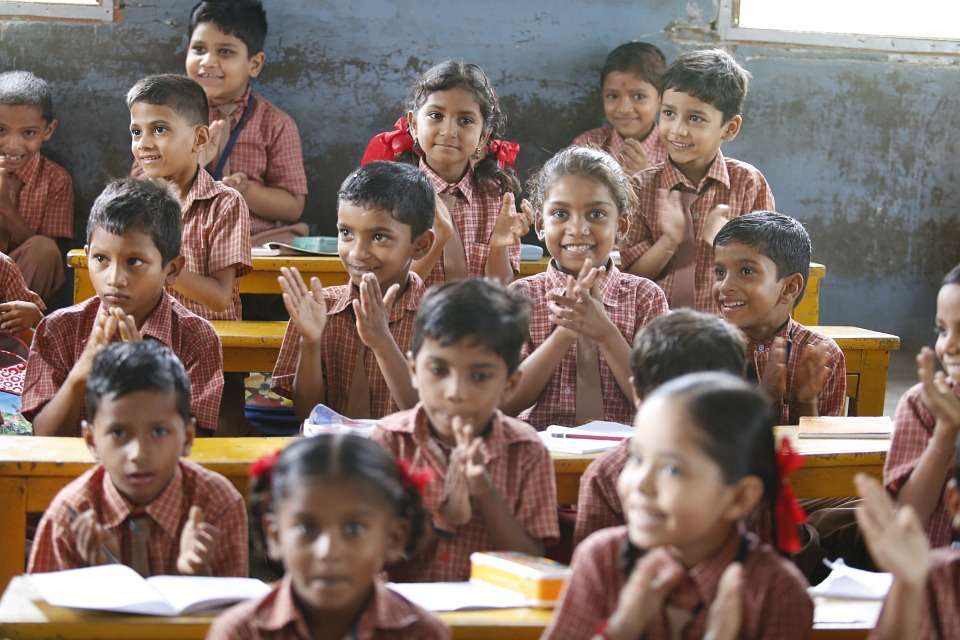
We home educated, on and off. They had friends and did not lack for a social life. My eldest opted to be home educated for an additional year before going on to further education, six years all in, and is now doing his master’s degree in programming, all in a second language, French. My daughters spent some chapters at home, some at school; we did what felt correct for their emotional well-being as that was more important than grades. Their learning was never in question, however, and their successes post-schooling adds weight to that statement. One is already being scouted for programming jobs post-degree, one works in litigation for a law firm, and the other is a hair-colorist-in-training. Three wildly different career paths for three very different personalities.
As young adults with first-hand experience of home-education, my children and I have spoken at length about how it is that so many have been struggling with their children at home over this past year. I believe I had it easy, to be honest. I was very fortunate with three wonderful humans who made spending time together not only easy but a pleasure. After all, one can be a great parent but still have challenging children. I was self-employed and worked from home too. This meant that I was physically present, which I know made things easier although still a juggle. We actually did all of this in France and they are fastidious over conjugation, maths, and presentation above and beyond any other learning, it seems. Meanwhile, my youngest was/is dysgraphic—something conventional schools systematically ignored and bullied her over until she was 15 years old and it was officially diagnosed.
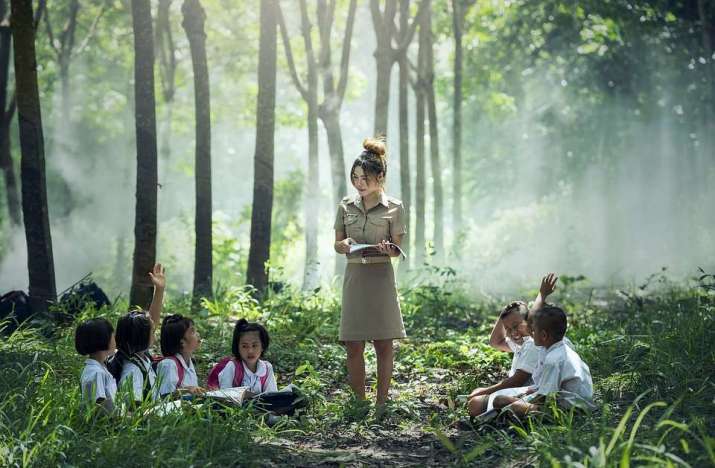
Formal education absolutely added to the stress. So is it a “formal” expectation and National Curriculum that renders it so challenging to home educate, or did we become so used to handing our children over to professionals for eight hours a day that being unable to now has added to the stress for so many? Of course, many children are desperate to return to their schools, friends, and, for some, it’s their sanctuary or refuge from abuse. Conversely, I know some wonderful adults who are fantastic teachers and cherished by their students, but it is a concerning fact that scholastic dropout rates are increasing, that the pass level in the UK seems to drop to the lowest denominator rather than promoting a striving for improvement. A “B” grade in a subject does not appear to carry the same value from one year to the next.
For many children, school is the only place where they might receive an actual education, with life options at the end of their school life that they may not otherwise have due to their home environment. But then many of those who have actually continued on to higher education have found themselves saddled with student debts that they’ll be hard pushed to ever pay off, and even find that there is simply no work in the field that they have studied anyway. Maybe more so now, given how many people have been rendered jobless thanks to lockdown after lockdown. Who can blame many of those despondent folks for giving up? National exams are being canceled again in the UK, and some subjects are even being dropped altogether. What implications will this have down the line? Are they going to drop subjects that encourage creative thinking? I hope not! All of this may be UK-specific, but it’s a truly worrisome thought that lateral thinking may well be systematically squeezed out of generations in favor of compliant behavior. A subject that has been discussed frequently already, including in many an eloquent talk by the renowned educationalist Sir Ken Robbinson (1950–2020).
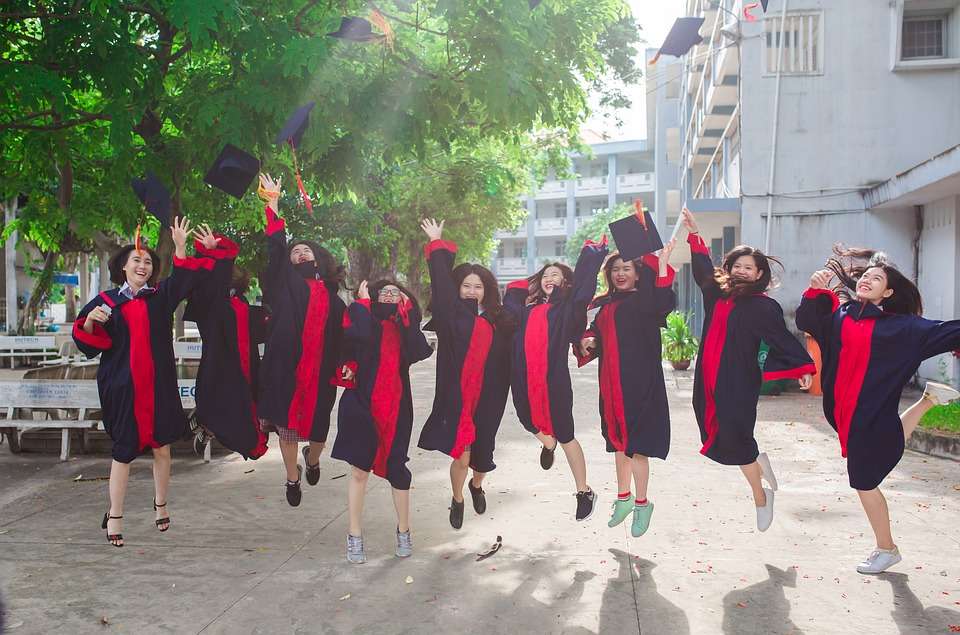
Despite all the negative talk above, as full-time parents now with children at home for such prolonged periods of time, I do feel that as mindful humans we ought to embrace this extraordinary moment in history rather than tear out our hair in frustration. We actually have the time to get to really know each other. To talk to each other, regardless of age. We can find time now to encourage our children into mindful practice and to open up to other doors of learning beyond a state-led education. The children for whom school was/is stressful, those who have undergone bullying or simply suffer from social or separation anxiety, can breathe a sigh of respite. In the meantime, I ask you to consider whether the “norm” of the school routine and what children are taught may be open to reformation.
See more
Tilly Campbell-Allen (Dakini as Art)











